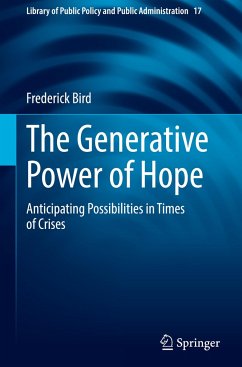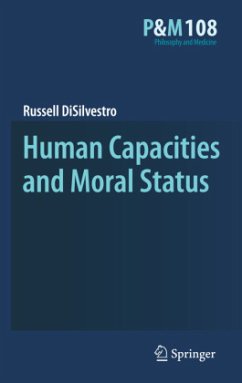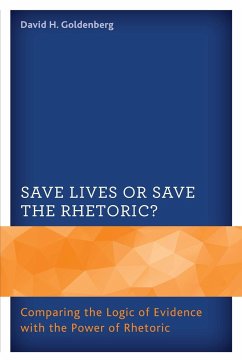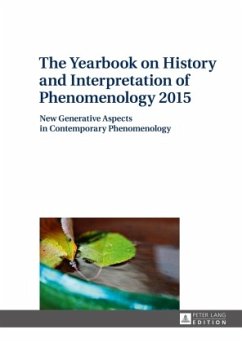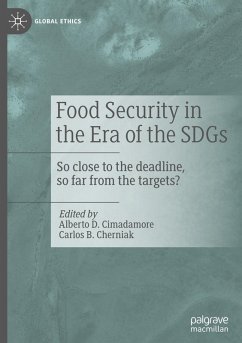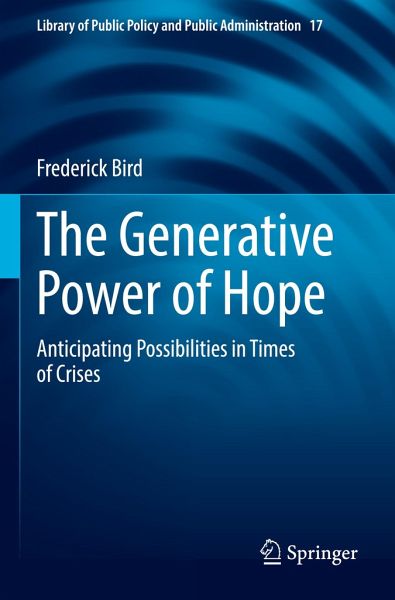
The Generative Power of Hope
Anticipating Possibilities in Times of Crises
Versandkostenfrei!
Versandfertig in 6-10 Tagen
83,99 €
inkl. MwSt.
Weitere Ausgaben:

PAYBACK Punkte
42 °P sammeln!
This book analyses how and why we are living at a critical moment in the history of human life on earth and explores how we find grounds for the hopes that will enable us to address the challenges and crises of our time. The author analyses hope both practically and philosophically as a generative virtue to realistically discern the situations in which we find ourselves, and imaginatively to anticipate possibilities when the future is unknown and uncertain. The author argues that hope is a mean between anomy, disillusionment, and despair, on the one hand, and wishful thinking, dreaming, and fa...
This book analyses how and why we are living at a critical moment in the history of human life on earth and explores how we find grounds for the hopes that will enable us to address the challenges and crises of our time. The author analyses hope both practically and philosophically as a generative virtue to realistically discern the situations in which we find ourselves, and imaginatively to anticipate possibilities when the future is unknown and uncertain. The author argues that hope is a mean between anomy, disillusionment, and despair, on the one hand, and wishful thinking, dreaming, and fanaticizing, on the other hand. The book not only examines - and analyzes from a historical perspective - the contemporary crises such as climate change, environmental degradation and its effects such as the social costs of these developments, but also further analyzes the character and micro-dynamics of hope and how it makes a difference in how we manage the crises which inevitably emerge.Though contemporary crises are those we tend to focus on, the author also engages with what is involved in a due regard for history and the relevance of a sense of history for addressing the crises of our time. He shows us what we can learn from revisiting some thoughtful reflections by thinkers like Niebuhr, Jaspers, Camus, and Arendt. Finally, the author shows us what is involved practically in anticipating possibilities, by looking at hope as a social practice and noting how hopeful people make a difference.





